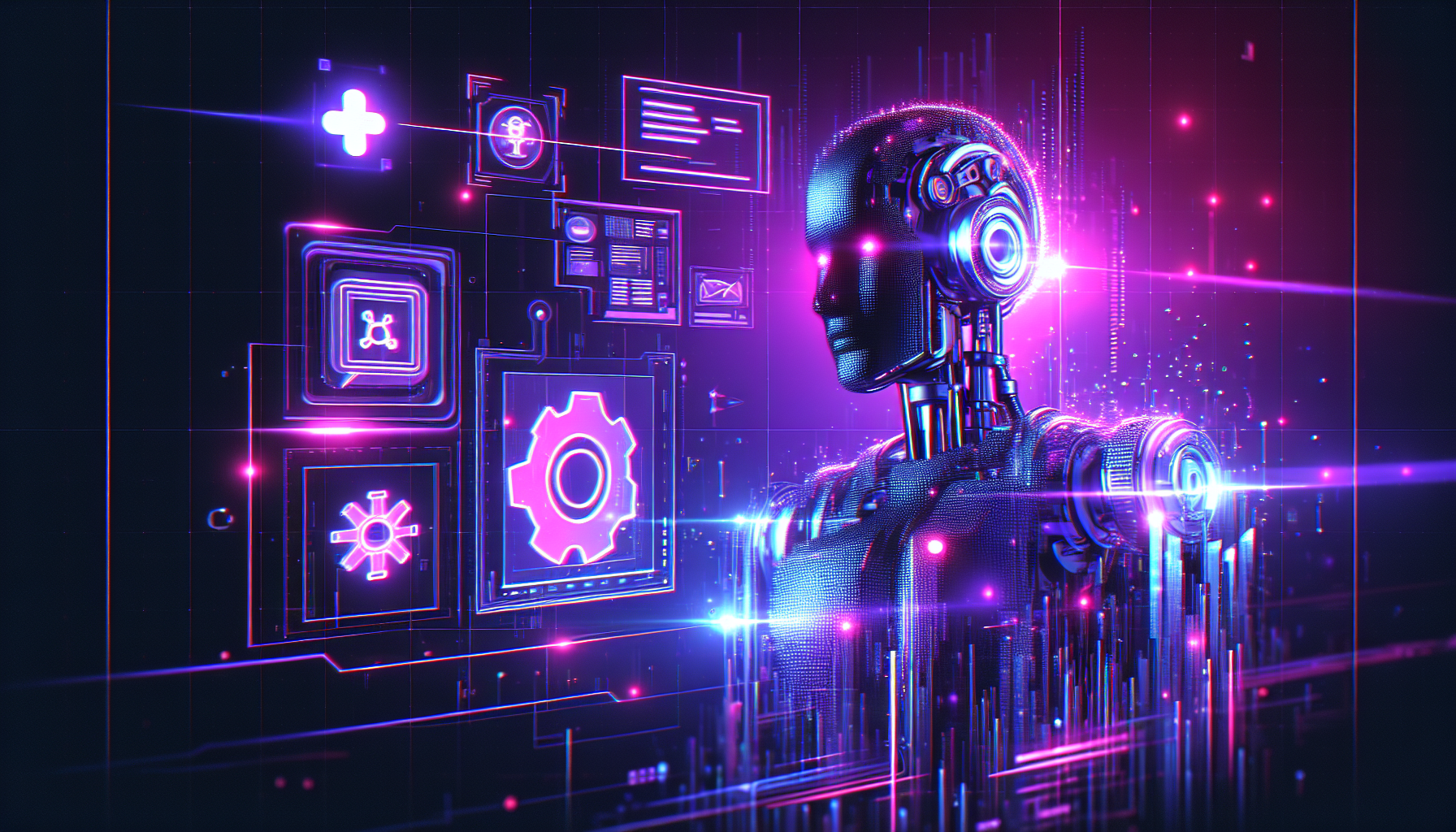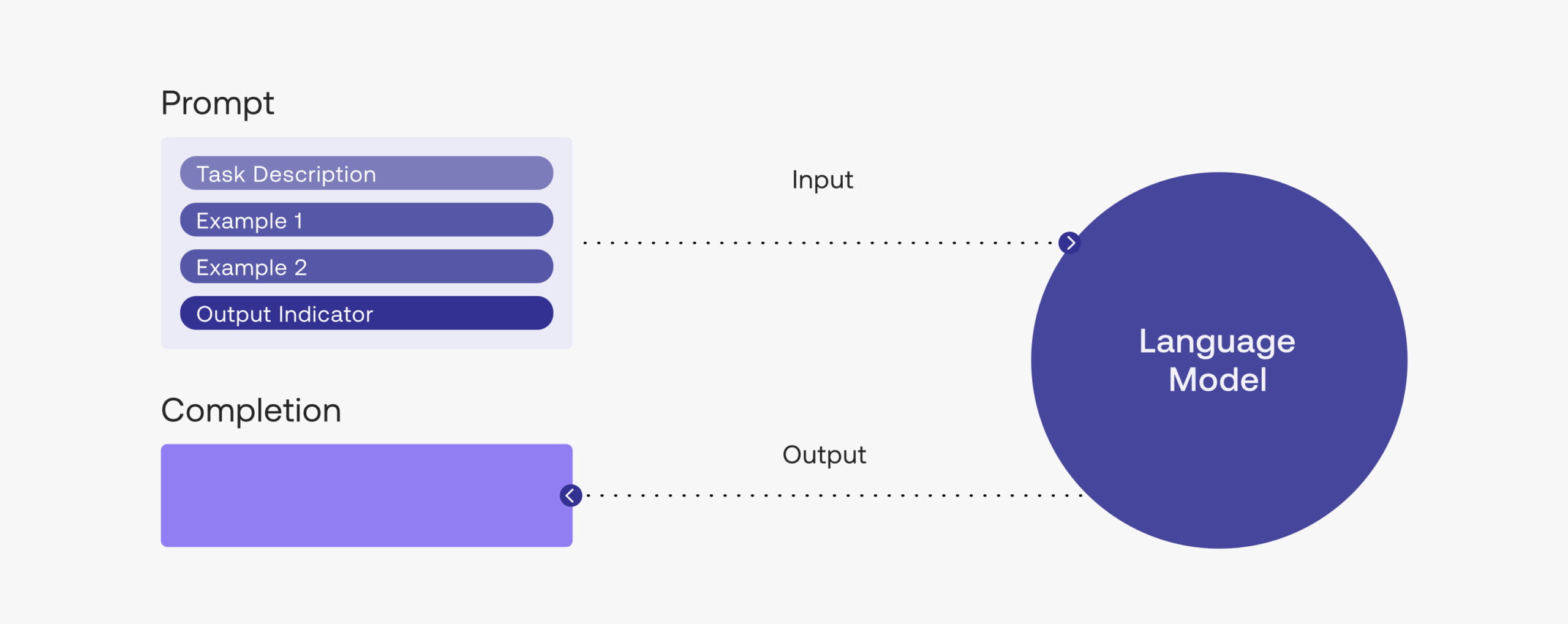April 2nd, 2024: OpenAI, the company behind the popular ChatGPT, has announced Voice Engine, a new text-to-speech AI model that can create synthetic voices based on a 15-second segment of recorded audio.
The technology, developed in late 2022, has the potential to provide numerous benefits, such as reading assistance, global reach for creators, and personalized speech options for non-verbal individuals.
However, despite the potential advantages, OpenAI has decided to preview the technology but not widely release it at this time due to concerns about potential misuse.
The company initially planned to launch a pilot program for developers to sign up for the Voice Engine API earlier this month but scaled back its ambitions after considering the ethical implications.
In a statement, OpenAI said, “We are choosing to preview but not widely release this technology at this time. We hope this preview of Voice Engine both underscores its potential and also motivates the need to bolster societal resilience against the challenges brought by ever more convincing generative models.”
The company has been testing the technology with select partner companies since last year, requiring them to agree to terms of use that prohibit impersonation without consent and mandate informed consent from individuals whose voices are being cloned.
OpenAI has also implemented a watermark in every voice sample to assist in tracing the origin of any voice generated by its Voice Engine model.
To address the potential risks associated with voice-cloning technology, OpenAI has provided three recommendations for society to adapt: phasing out voice-based authentication for bank accounts, educating the public about the possibility of deceptive AI content, and accelerating the development of techniques to track the origin of audio content.
The company emphasizes the need for a cautious and informed approach to the broader release of synthetic voice technology.
“We hope to start a dialogue on the responsible deployment of synthetic voices and how society can adapt to these new capabilities,” OpenAI stated. “Based on these conversations and the results of these small scale tests, we will make a more informed decision about whether and how to deploy this technology at scale.”
As the development of voice-cloning technology continues to advance, it is crucial for companies like OpenAI to consider the potential risks and ethical implications while working to harness the benefits for society.





